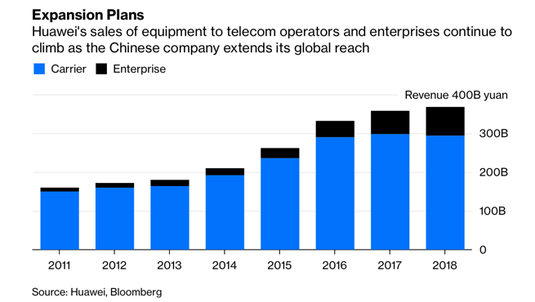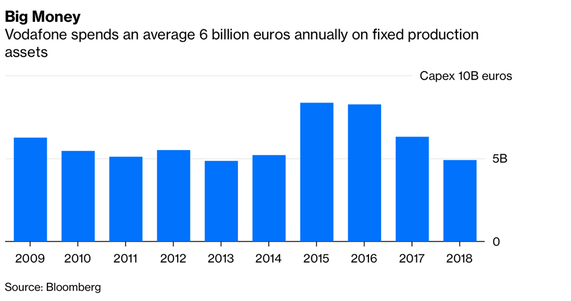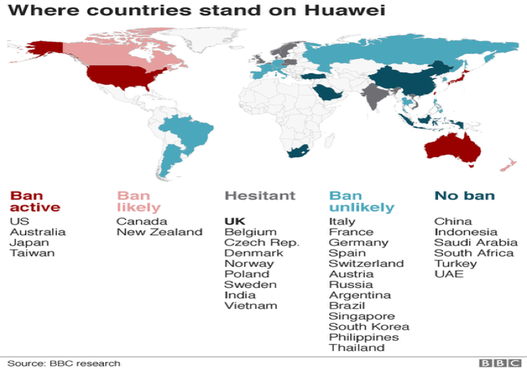The previous accident. The Chinese Company Huawei is not new to vulnerability issues with its devices as in 2009 it was discovered by the Italian Vodafone that some backdoors (a secret way to bypass the usual system of a device and their goal is to collect passwords or to install malware, ndr) were present in their devices and used to share access and information with third parties. Concerning this episode, however, Huawei reassured its client that the backdoors were taken off and the problem was now solved.
So what is Vodafone supposed to do if today, 2019, the Italian company still finds backdoors in its devices?
So what is Vodafone supposed to do if today, 2019, the Italian company still finds backdoors in its devices?
Why did they keep doing business? Why did they keep doing business? Vodafone has been doing business with Huawei since 2008 and in the may of the last year the CEO Ninian Wilson awarded Huawei with the Vodafone Supplier Award. The partnership has been working out quite well both for the Chinese company’s dedication and the affordability of the product. This is the main reason why Vodafone tried to sweeten the pot after the accident in 2009. Even if Huawei can claim to be an $8.7 billion company, Vodafone is still the second largest mobile operator worldwide and it is taking a break from using the brand in its core activities until Huawei doesn’t get full security clearance and what should me even more frightening for China is that other countries are already banning or might ban in the future Huawei’s equipment.

Is it espionage? The kind of security issue that arose has fed ideas about Chinese espionage activity especially because the company failed to remove the problem years ago but still lied ( purposefully or not ) about it.
The expert’s opinion.In spite of these opinions, Giancarlo Calzetta, an Italian cybersecurity expert, wrote an article on Il Sole 24 Ore explaining that the backdoor they inserted might as well serve as control tool for problems with the device and the fact that Vodafone asked them to remove it and they didn’t might also be a miscommunication issue: after all, if someone asks to remove a function but another team working on the code thinks it’s necessary and they don’t talk between each other, it can easily happen what just happened and we’re talking of almost 10 years ago. Security and communication were just not on point.
Trusting Huawei or interests.
Many western companies, nonetheless, don’t want the Chinese company to get out of the market since that would mean less variety of suppliers and less bargaining power for those companies. Given that so many interests are at stake, we will probably still see Huawei among the most valuable brands, but will we ever see Vodafone among its clients again?
Sofiya Sergeeva
The expert’s opinion.In spite of these opinions, Giancarlo Calzetta, an Italian cybersecurity expert, wrote an article on Il Sole 24 Ore explaining that the backdoor they inserted might as well serve as control tool for problems with the device and the fact that Vodafone asked them to remove it and they didn’t might also be a miscommunication issue: after all, if someone asks to remove a function but another team working on the code thinks it’s necessary and they don’t talk between each other, it can easily happen what just happened and we’re talking of almost 10 years ago. Security and communication were just not on point.
Trusting Huawei or interests.
Many western companies, nonetheless, don’t want the Chinese company to get out of the market since that would mean less variety of suppliers and less bargaining power for those companies. Given that so many interests are at stake, we will probably still see Huawei among the most valuable brands, but will we ever see Vodafone among its clients again?
Sofiya Sergeeva

